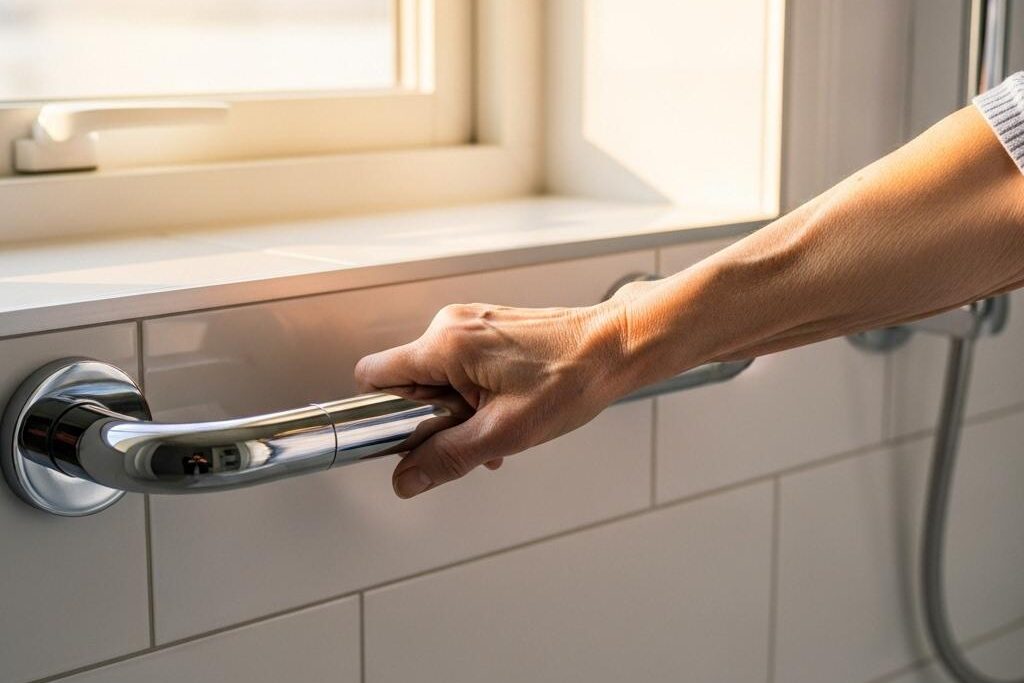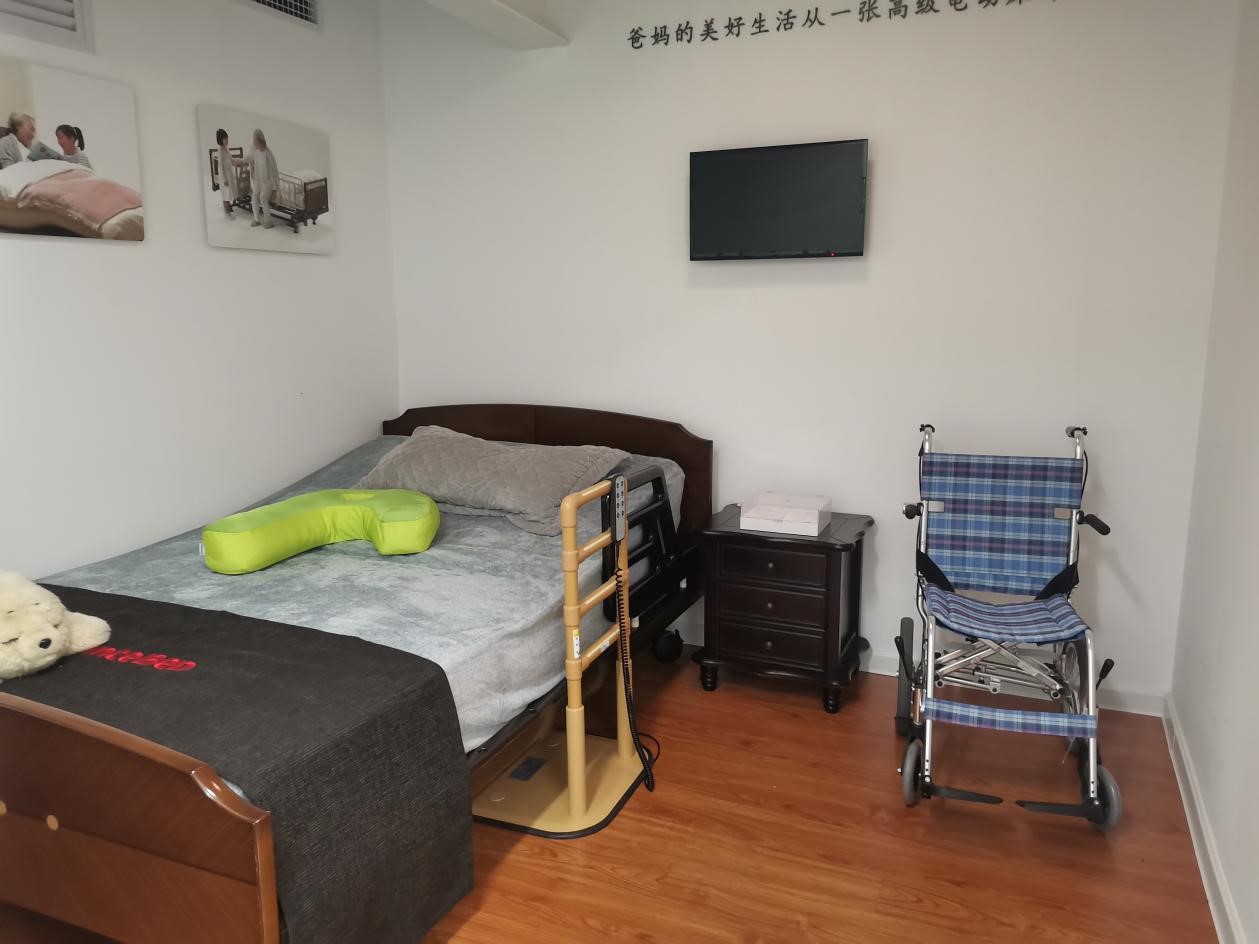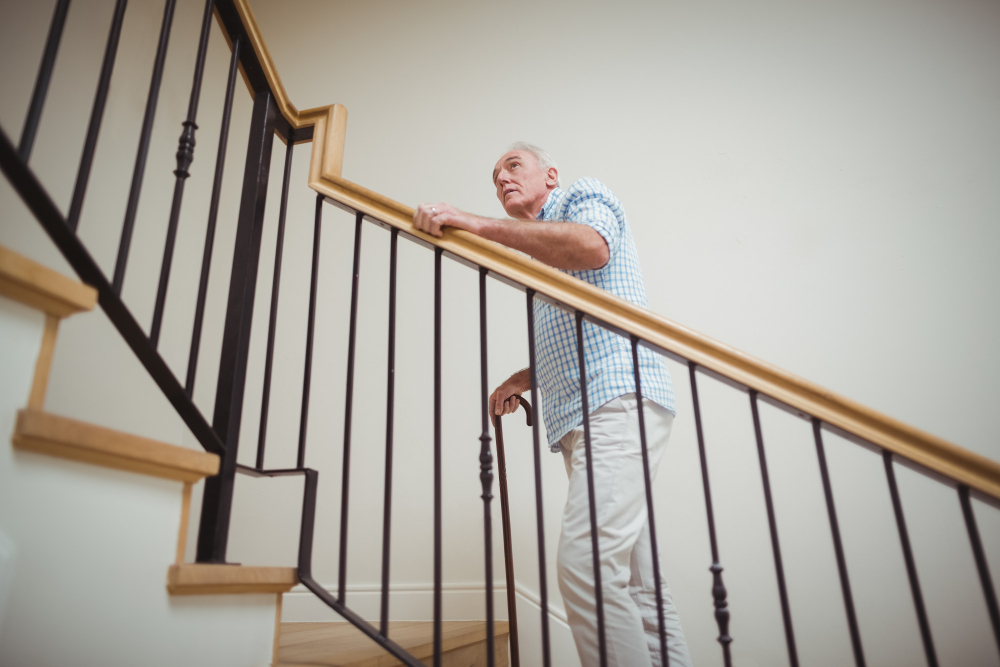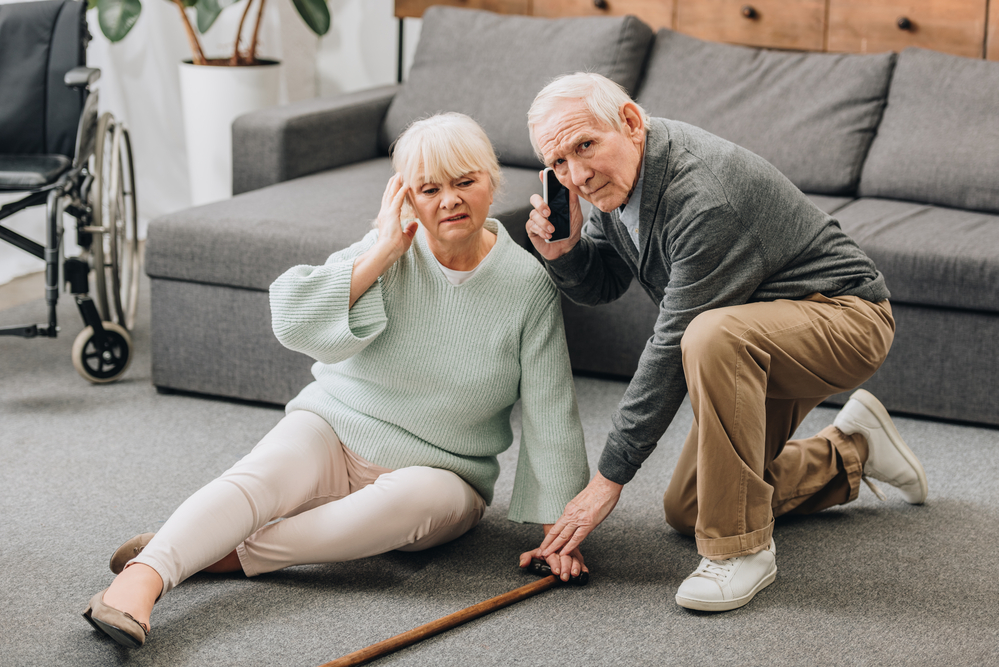Ensuring smoke detector safety for seniors is crucial for maintaining a secure living environment for older adults. With age, reaction times can slow, and mobility may be limited, making it vital to have effective safety measures in place. In this article, we’ll explore the importance of smoke detectors and how they can be optimized for senior safety.
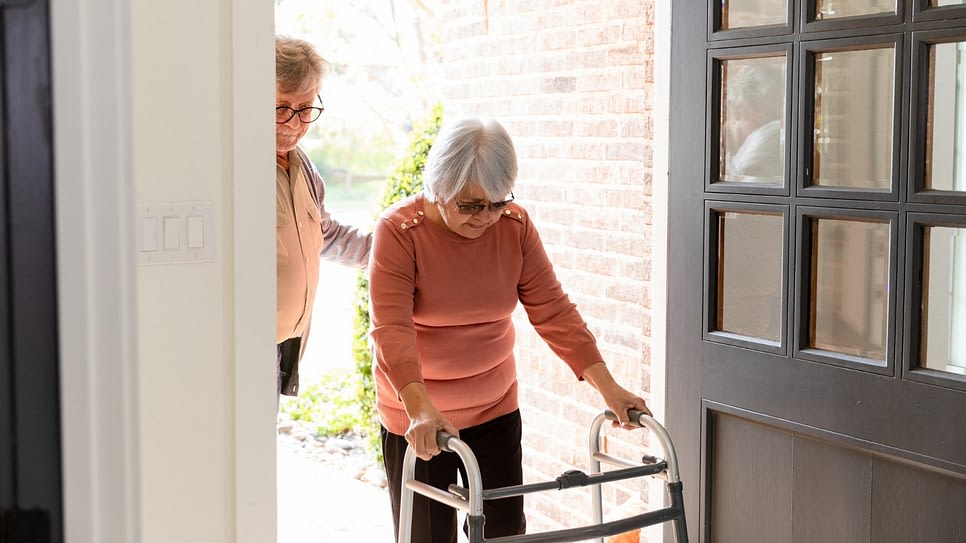
The Importance of Smoke Detectors in Senior Safety
Smoke detectors are a fundamental component of home safety. They serve as an early warning system, alerting residents to the presence of smoke and potential fire hazards. This is particularly important for seniors, who may have difficulty evacuating quickly in the event of a fire.
Why Seniors Are at Greater Risk
As people age, several factors increase their vulnerability to fire-related incidents. These include reduced mobility, diminished sensory perception, and slower reaction times. Therefore, having proper safety measures is essential.
Choosing the Right Smoke Detector
Not all smoke detectors are created equal. For seniors, it’s important to select devices that are easy to use and maintain. Look for models with loud alarms and strobe lights for those with hearing impairments, and ensure they are installed in accessible locations.
Installation Tips for Optimal Safety
Proper installation is key to ensuring that smoke detectors function effectively. Here are some tips to consider:
Strategic Placement
Install smoke detectors in every bedroom, outside sleeping areas, and on every level of the home. Avoid placing them too close to kitchens or bathrooms, where steam or smoke from cooking might cause false alarms.
Easy Accessibility
Ensure that smoke detectors are installed at a height that makes them easy to test and maintain. This is especially important for seniors who may have difficulty reaching high places.
Maintenance and Regular Checks
Regular maintenance is crucial for keeping smoke detectors in good working condition. Here are some maintenance tips:
Testing the Alarms
Test smoke detectors monthly to ensure they are functioning properly. This can be done by pressing the test button on the device. If the alarm does not sound, replace the batteries or the unit as needed.
Battery Replacement
Replace batteries at least once a year, or consider using smoke detectors with long-life batteries to reduce the need for frequent changes. Mark a calendar or set reminders to ensure this task is not overlooked.
Creating a Fire Safety Plan
In addition to having functional smoke detectors, it’s important to have a fire safety plan in place. This plan should include:
Emergency Exits
Ensure that all exits are easily accessible and that pathways are clear of obstacles. Seniors should be familiar with multiple exit routes in case of a fire.
Regular Drills
Conduct regular fire drills to practice the evacuation plan. This helps to reinforce the steps to take in an emergency and can reduce panic in a real situation.
Additional Safety Measures
Beyond smoke detectors, there are other measures that can enhance safety for seniors:
Fire Extinguishers
Place fire extinguishers in accessible locations throughout the home. Ensure that seniors are familiar with their operation and know when and how to use them.
Carbon Monoxide Detectors
Consider installing carbon monoxide detectors in addition to smoke detectors. This is especially important in homes with gas appliances.
Secure Living Spaces
Make sure that the living environment is free from fire hazards. This includes reducing clutter, using safe cooking practices, and ensuring that electrical systems are up to code.
Conclusion
Smoke detector safety for seniors is a vital aspect of home safety that should not be overlooked. By selecting the right devices, ensuring proper installation and maintenance, and having a well-practiced fire safety plan, seniors can enjoy peace of mind and a safer living environment.

FAQs
Why are smoke detectors important for seniors?
Smoke detectors provide an early warning to potential fire hazards, allowing seniors more time to evacuate safely.
How often should smoke detectors be tested?
Smoke detectors should be tested monthly and batteries should be replaced at least once a year.
What additional safety measures can be taken?
Other measures include installing fire extinguishers, carbon monoxide detectors, and ensuring clear emergency exit routes.
For more tips on creating a safe living environment for seniors, visit senior-proofing your home.
This article contains affiliate links. We may earn a commission at no extra cost to you.

